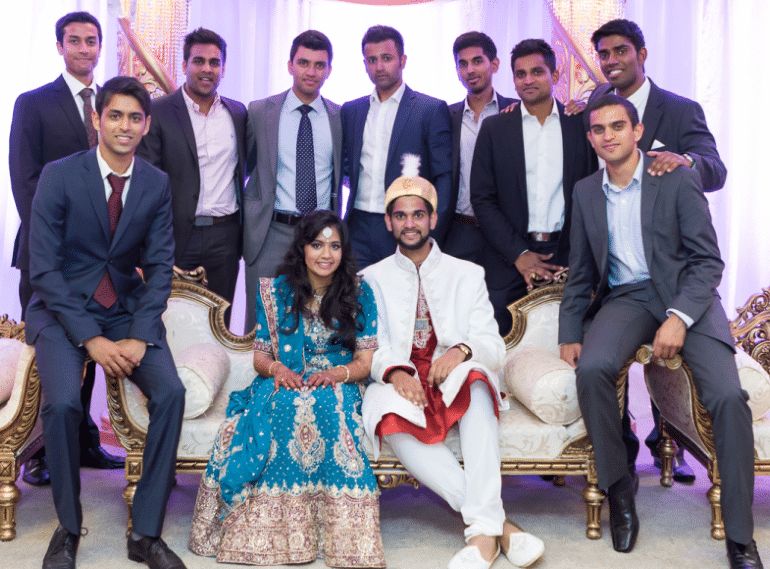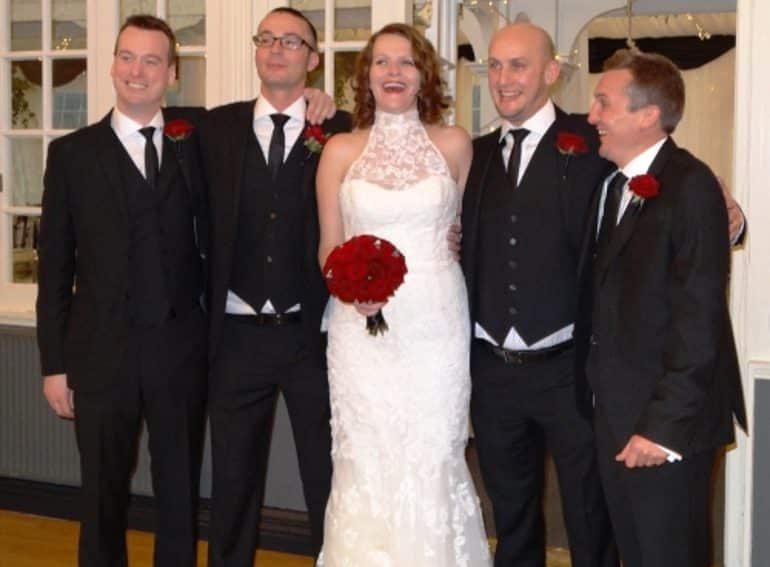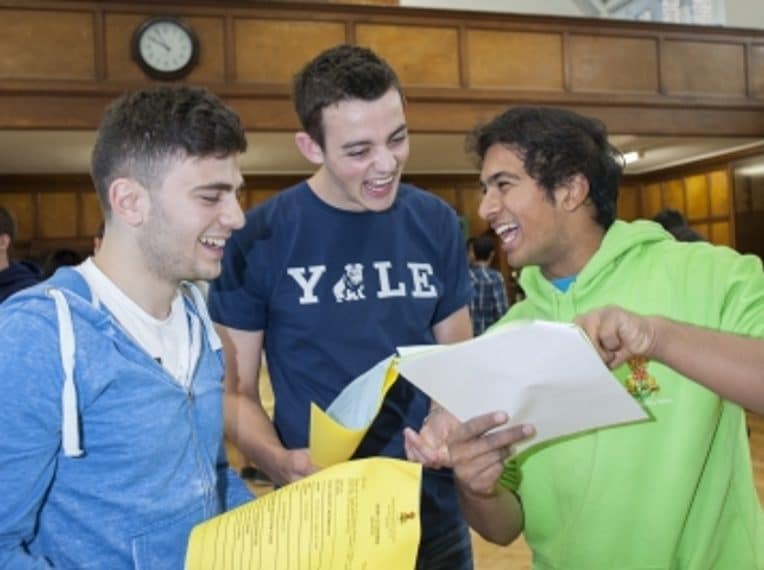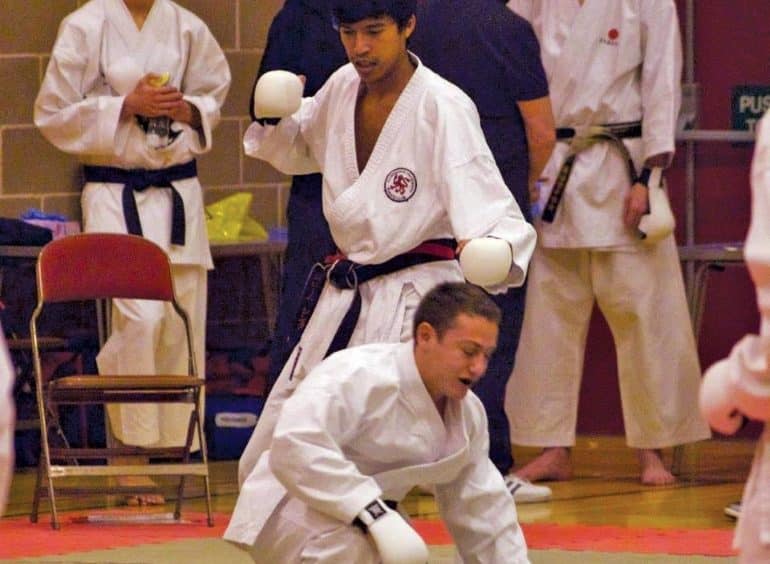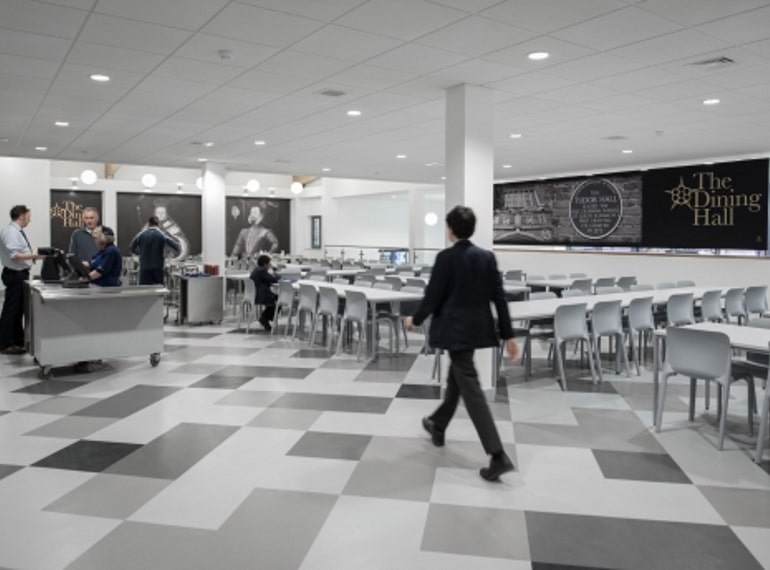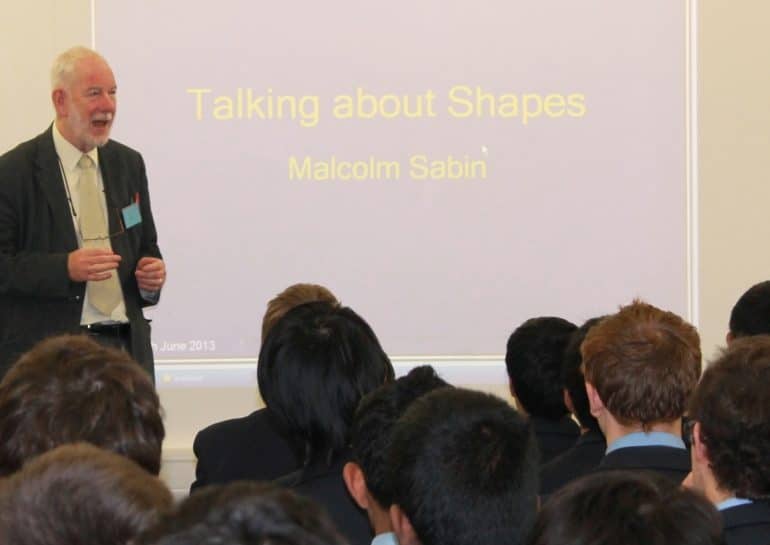
Old Elizabethan Dr Malcolm Sabin (1952-59) has been awarded a gold medal at the Royal Society in recognition of his life’s work and contribution to Mathematics.
During the ceremony to bestow on him the Institute of Mathematics and its Applications (IMA) medal, he presented a lecture called The Mathematics of Shape. A few days before, Dr Sabin CMath FIMA delivered a talk on the same topic to Year 10 boys at the School.
Presenting the award on behalf of the IMA, Dr Neil Dodgson said: “Malcolm Sabin pioneered research in computer-aided design (CAD). His principal contributions have been interrogation methods for parametric surfaces, scattered data contouring, transfinite surfaces defined by curves, and subdivision analysis. Two constructions bear his name, Powell-Sabin splines and Doo-Sabin subdivision, but perhaps his greatest legacy is the number of people who would acknowledge that their research critically benefited from his input.”
Dr Sabin graduated from the University of Cambridge with a first-class honours degree in the Mechanical Sciences Tripos. He has been a Candidate of the Hungarian Academy of Sciences since 1977 and was awarded a PhD from Leeds University in 1998.
In addition to the IMA gold medal he has also received the Bézier Award and the John Gregory Award, both in 2010.
He combined his Cambridge studies with an apprenticeship at the British Aircraft Corporation, then worked for BAe for 10 years before taking up a number of positions as visiting lecturer in Hungary, Austria and the UK. Since the late 1970s he has concentrated on research and teaching, pioneering CAD.
A Chartered Mathematician, he has published extensively on mathematical topics. He has at various times held the following positions: Chairman of BCS CAD Specialist group; a member of the International Federation for Information Processing (IFIP) Working Group 5.2 (CAD); the UK delegate to IFIP Technical Committee 5 (Information Technology Applications) and Secretary of the UK Geometric Modelling Society.
During his lecture to the Royal Society he talked about how people working together in making things have needed ways of describing shape to each other so that their pieces will fit together.
“Today, because the stylist has computer graphics visualisation for making sure that the product looks good, the designer has computational analysis and simulation for making sure that it will work and the production engineer has numerically controlled machines for actually making the parts or moulds, we need ways of describing shape which their various pieces of software can interpret. This means formal digital descriptions of shape, which in turn demands mathematical foundations.”
QE Mathematics teacher Wendy Fung said his visit to the School had been very illuminating: “He explained how shape description using Maths enables designers, engineers and mechanics to communicate during a project, ensuring that separate component parts will fit together to make a whole. He gave Pixar as an example of a company that makes use of the work he does with CAD, offering boys a fascinating insight into how Maths is relevant outside the classroom.”

